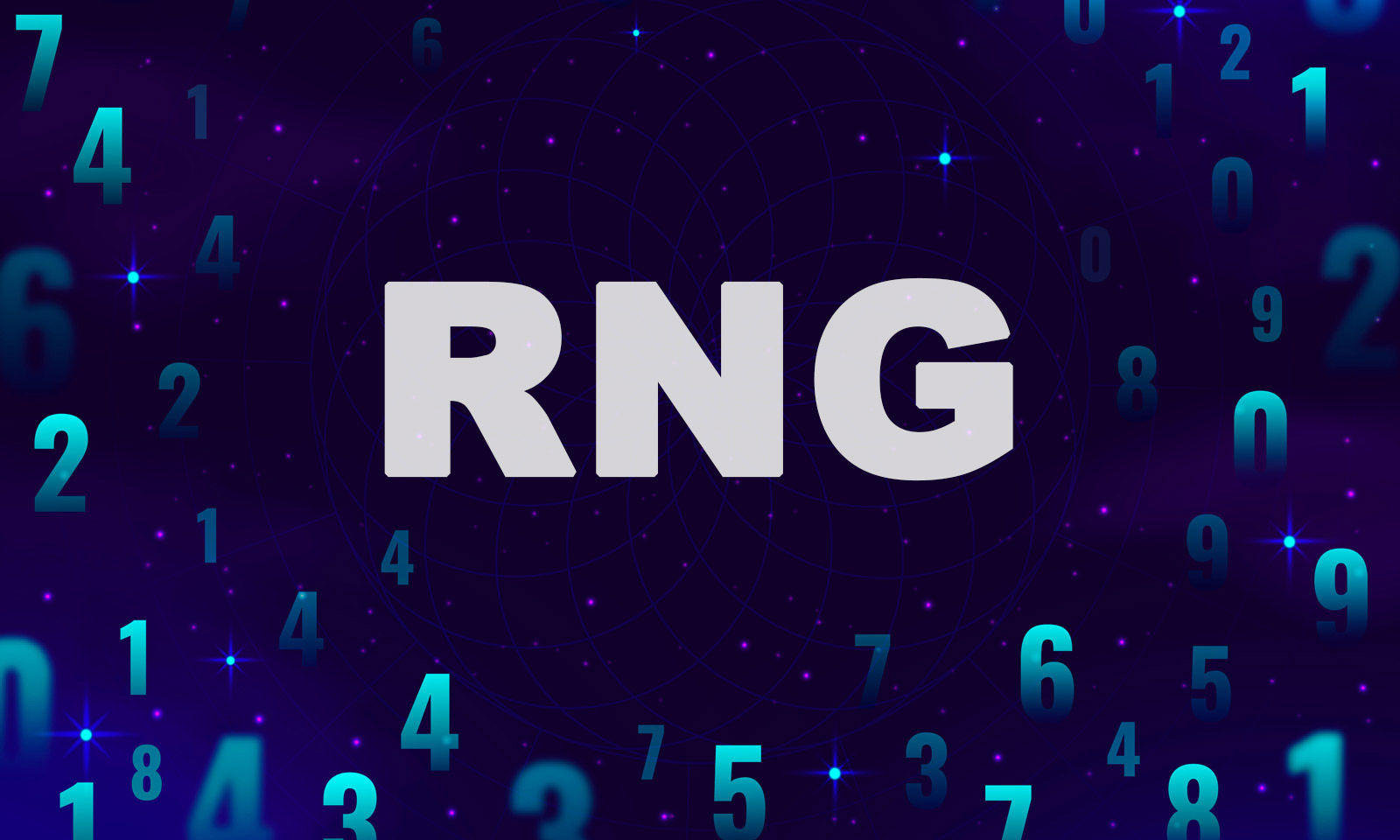
RNG: The Whole Truth About Random Number Generator
- News
- Hits: 959
Today we will talk about a much debated but at the same time quite technical topic, which is often not explored much in depth also due to a lack of online resources in some native languages, but fundamental to understanding how internet casino roulette works: the generation of random numbers “RNG”.
What is RNG in the world of gambling
RNG is the English acronym that defines Random Number Generator, or in the first analysis, a system that allows the generation that is, the creation, (in theory) from nothing, of random numbers, i.e. such that it is not possible to determine them - a priori - before they emerge.
Today this acronym has a particular meaning, especially in the field of Information Technology and also in the field of online gambling tables and casino games in general: we mean by RNG a roulette (and other games) purely software, that is, without the presence of physical means, without a croupier with a really existing table, and without physical wheels such as the real ones or those automated with compressed air.
The various roulette wheels that are defined as RNG are therefore those with the virtual system, and the output of the numbers is decided by the online casinos via their software wich is behind it; often we also call them "processor roulettes" precisely to describe this characteristic, and underline that the results, that will be produced, will be determined by a computer, even if obviously a graphic interface is always presented, that more or less simulates the real moving disc with the rotating ball.
Why random number generators were born
The precursors of RNG software are certainly the physical methods, which are lost in the mists of time, such as tossing a coin, rolling dice, mixing playing cards and obviously classic roulette: in this article we talked about the differences between real physical roulette and online roulette; online gambling houses, to offer quick games, accepting many different players on different tables, with light and smooth softwares, as well as allowing the operation of many other virtual games such as online slot machines, no longer being able to rely on real and human croupiers, they had to use computer protocols: RNG algorithms, to obtain the numbers or symbols, necessary for the specific game exits, via computer.

Are they perfect random systems or do they have critical issues?
According to science and theoretical studies, only a computerized system, but based on generation starting from a random physical event (i.e. not predictable like atmospheric, thermal noise or phenomena of the electromagnetic or quantum) could actually be a “true” RNG – this non-virtualizable “material” component would therefore be necessary: such systems in English language are defined as “hardware random-number generators (HRNGs)”, while those purely based on an algorithm would be “pseudorandom number generators (PRNGs)” i.e. pseudo-random generators. In reality, it is a fact that, with the passage of time, good systems of this type have also been developed and released, also suitable for cryptography and therefore certainly with important and solid characteristics, but in the end they always remain RNG systems, and this is why we have developed our roulette bot software, precisely to fight the online roulette algorithm software against software.
On the subject of randomness and therefore safety for the player money, we remind you that, in many countries, the casinos, although they keep strictly secret to the user the algorithm used by the casino itself, they are checked and certified by government authorities: in this article we talked about what is the certification of online casinos and how does it happen.
How RNGs work via algorithm and
what is the random seed?
But let's now focus on the production of numbers via algorithm, that is, via sequences of calculations carried out by electronic calculators, given that despite what was said before, normally we mean that when we are talking about RNG: these number generators can produce a very large sequence of data, but always starting from a beginning, a short sequence of data that is defined, which is called key or seed, the random seed, which, as mentioned, is a requirement for the purpose of RNG functioning.
The theoretical limits of these systems - while pushing them to their maximums - are the non-perfect randomness in the long term due to the repetition of sequences, and the excessive use of computer resources (RAM memory), in addition to the important fact that starting from equal seeds the final results will always be the same.
Around in the 1950s the first algorithms capable of producing random numbers were introduced (such as the "Linear congruential generator"), although these first approaches obviously presented inconsistencies and had to be very light to execute, given the limited computing capabilities available at the time, but over time we have arrived at better systems, however always with the limitations we mentioned before. Some of these RNG systems use the real-time clock of the physical processor as a random seed to initialize. As we know, processors run very quickly in the order of GigaHertz, i.e. billions of times per second, which is why it is possible extrapolate from a given instant taken at random a numerical value, definable with a length of 64 bits, being an effective measurement in nanoseconds, billionths of a second, this to initialize the algorithm, which in turn, with complex calculations, will produce the sequence of numbers or random symbols.


Contact us for more information!















